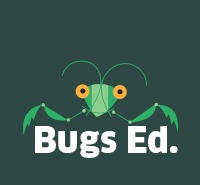Science Trivia!
Bugs Ed. is excited to launch its new Science Trivia!
It’s no secret. Here at Bugs Ed., we are a big bunch of science nerds and we especially love our science trivia. So much so, that we are launching our own brand of science trivia sessions. Perfect for groups of any age and size, we can customise the theme, format, level of difficulty and duration that works best for you.
And anyone who has attended a Bugs Ed. event will know that we LOVE our props, so we also bring with us our cabinets of curiosities for people to marvel at as they enter and exit. Think scientific nick-nacks, preserved animals, live creepy-crawlies and more.
Here are some topic suggestions below
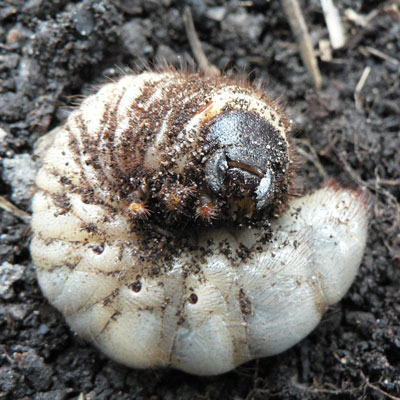
Garden Gurus
Ponder about pollination, pests and plants in this fun, interactive quiz. Match the seed pods to the plants that produce them, identify mysterious lumps and bumps on plants and pair the plant with its pollinator.
Perfect for gardening clubs, plant societies, organic grower’s associations, horticultural groups and gardening expos.
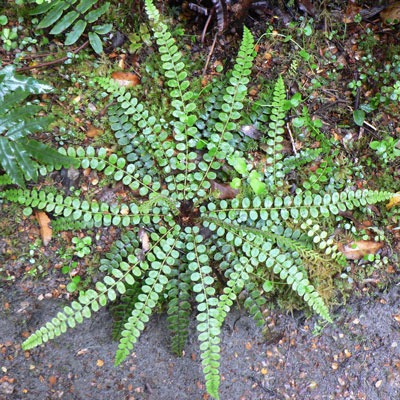
Nature Nerds
Dive deep into the world of fungi, plants, underwater ecosystems, teeny-weeny bacteria, bioluminescent bugs, colossal beasts and prehistoric fossils. If it fits into the category of animal, plant or mineral, you will find a brain-tickling question about it here.
The perfect choice for anyone who understands and appreciates the natural world around us, such as nature groups, environmental clubs and scout and girl guide groups.

Science, with the lot!
If you like your science to include all of the “ologies” (e.g. geology, microbiology, parasitology) and the “onomies” (e.g. astronomy, taxonomy, agronomy), then look no further. Don’t be put off by the big words – this topic can be adapted to all ages and covers space and the cosmos, skeletons and scats, plants and animals, scientific processes and forces … and more!
This topic is popular for school STEM Expos, National Science Week events, and school holiday programs.
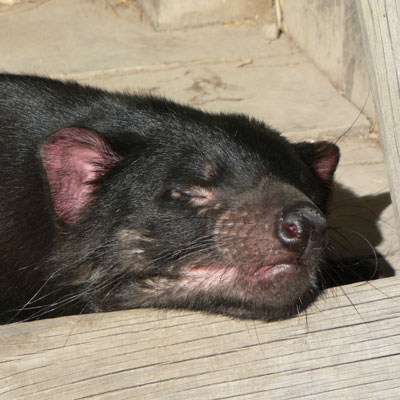
Aussie, Aussie, Aussie!
With some of the most curious animals and plants on Earth found right here in Australia, who wouldn’t want to delve into the fair dinkum world of Australian natural history? Rank our most venomous critters, predict how our plants survive bushfires and learn about the quirky lifecycles of our unique Aussie flora and fauna.
A great one for wildlife societies, bush care volunteers and ecology groups..
Community groups and events
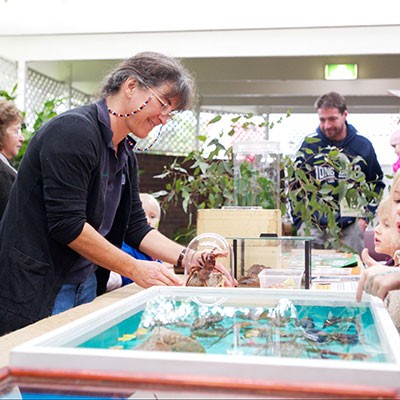
Insect displays
Our amazing collections of preserved exotic minibeasts and live Australian insects make fun, unique displays for community gatherings and events, no matter how big or small. Our enthusiastic, knowledgeable staff is on hand to explain the displays, answer questions and give audiences a closer look at some beautiful and bizarre bugs.
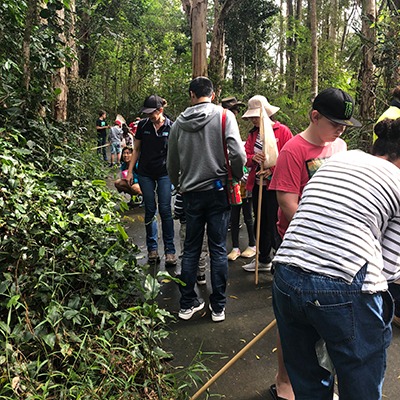
Guided bug hunts & minibeast walks
Our expert team of entomologists can demonstrate some of the equipment we use to collect and monitor minibeasts, show you how to make and set your own traps and show you where and how to find creepy crawlies around your home and garden. Participants can test out the equipment themselves on a guided bug hunt and then learn how to identify the creatures we catch (before returning the safely back to where they came from).

Talks for grown ups
Exploring the world of insects and minibeasts is not just for kids! We offer a range of talks for older audiences, whether it is an entertaining presentation for nursing homes, clubs or social gatherings or a more in depth seminar for environmental groups, naturalists, gardening clubs or bushland restoration volunteers. Contact us to discuss your audience and requirements.
Gardening Clubs
It started off with a few talks here and there, but over the last couple of years Bugs Ed. has become extremely popular as a provider of talks for gardening clubs, plant societies, organic grower’s associations and horticultural groups. So much so, that we have come up with a range of workshops targeted especially to these audiences.
Our workshops usually include a PowerPoint presentation on the chosen topic, cases of preserved insects and arachnids from around the world, some live local insects to marvel at and plenty of time for questions. We can customise the content, format and duration that works best for you, and cater for any group size. Contact us to discuss your options.
Here are some topic suggestions below, but also feel free to tailor something to suit your particular event.
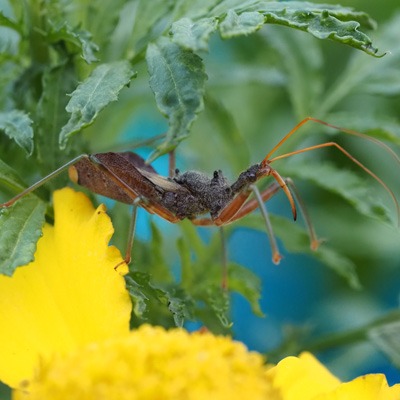
Insects in your garden – the good, the bad and the ugly
Who are these creatures that gorge on our gardenias, consume our crucifers, ransack our roses and pilfer our peaches? Who are the good guys in these battles and how do we encourage them into our gardens? Learn all about the good and bad bugs in your garden, along with chemical-free tips to discourage the pests, attract beneficials and keep your garden looking its best.
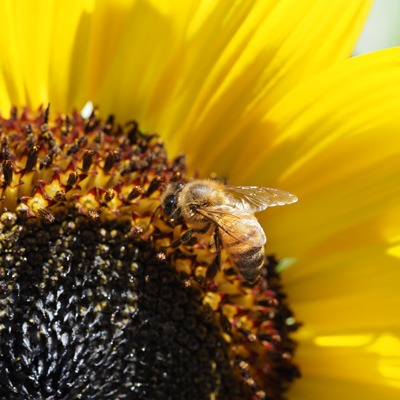
Insect Pollinators
Do you like to start your day with a morning coffee? Enjoy a fruit salad for breakfast? Slip on your favourite pair of jeans and shirt? None of these things would be possible without the work of insect pollinators such as bees, flies and butterflies. Explore the amazing relationships between insects and the plants they pollinate. Learn how some plants use deception and trickery to fool pollinators, how bees locate flowers in the dense forest and envision what a world without pollinators would be like.
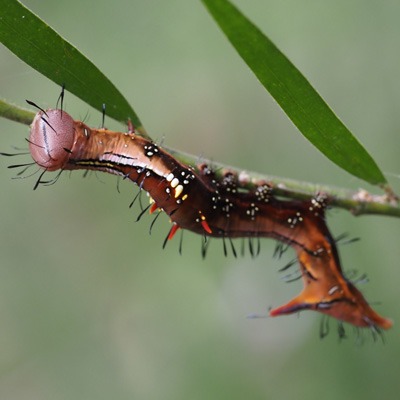
Days of our Hives
Insects are the largest and most diverse group of organisms on the planet. But what makes insects truly remarkable is the complex relationships they form with other organisms. From mind-controlling fungi that infect ants and force them do their bidding, to ancient cycads whose survival depends on a single minute insect pollinator. Like any good television soap opera there is murder, betrayal, promiscuity and manipulation in this miniature civilisation. This workshop will give you a closer look at insects and their complicated relationships.

Eating Insects for Sustainability
By 2050, Earth will be home to 9 billion people. How will we feed them all? In this workshop we learn how sustainable insect farming can reduce land clearing, slash greenhouse gas emissions and reduce food waste, as well as provide a nutritionally superior (and pretty delicious!) source of protein. See displays of popular insect cuisine from around the world, such as mealworm spaghetti, stir-fried crickets and grasshopper tacos, and learn how we can save our world, one chocolate-covered mealworm at a time.
Professional Development

Looking to improve your arthropod identification skills? Want to be able to recognise common insect species in your area and learn more about their ecology, behaviour and the role they play in the environment? Are you hoping to make your own insect collection and would like a private tutorial on how to pin and mount insects? We can develop a workshop that suits your needs and deliver it online or in person.
Online Workshops
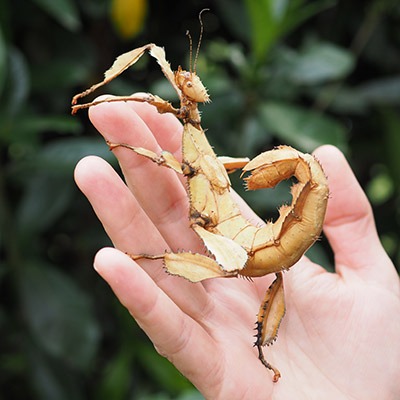
The way in which we learn has certainly changed in recent times and modern technology now gives us the opportunity to teach anyone, anywhere, anytime. We can deliver any of our workshops as LIVE virtual classes, complete with our usual displays of creepy crawlies, live local insects and plenty of time for questions.

